UK Clinical Neuropsychology
Neuropsychological Therapy
Neuropsychological Therapy
Neuropsychological therapy seeks to minimise the impact of difficulties identified in the neuropsychological assessment. The aim is to enable the individual to complete activities of everyday living and fulfil valued roles including those associated with study, work, home, hobbies and relationships.
Neuropsychological therapy can help to manage a range of difficulties commonly associated with brain injury such as:
-
- Variable awareness of difficulties
- Psychological problems (e.g., anxiety)
- Difficulties with self-regulation, such as disinhibition and aggression
- Changes in communication and thinking skills (e.g., memory and concentration)
- Physical symptoms including difficulties with sleep, pain and fatigue
- Changes in relationships
Neuropsychological therapy may involve any or a combination of:
-
- Working directly with the individual
- Working with those who support the person including family members, clinicians and/or support workers
- Changing environmental factors such as routines
We recognise the importance of working collaboratively with other members of the multidisciplinary team. We work in in an interdisciplinary manner so as to maximise client engagement and outcomes.
Neuropsychological therapy seeks to minimise the impact of difficulties identified in the neuropsychological assessment. The aim is to enable the individual to complete activities of everyday living and fulfil valued roles including those associated with study, work, home, hobbies and relationships.
Neuropsychological therapy can help to manage a range of difficulties commonly associated with brain injury such as:
-
- Variable awareness of difficulties
- Psychological problems (e.g., anxiety)
- Difficulties with self-regulation, such as disinhibition and aggression
- Changes in communication and thinking skills (e.g., memory and concentration)
- Physical symptoms including difficulties with sleep, pain and fatigue
- Changes in relationships
Neuropsychological therapy may involve any or a combination of:
-
- Working directly with the individual
- Working with those who support the person including family members, clinicians and/or support workers
- Changing environmental factors such as routines
We recognise the importance of working collaboratively with other members of the multidisciplinary team. We work in in an interdisciplinary manner so as to maximise client engagement and outcomes.

